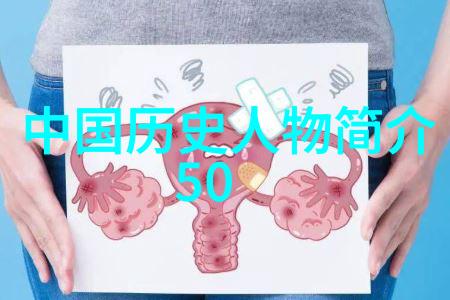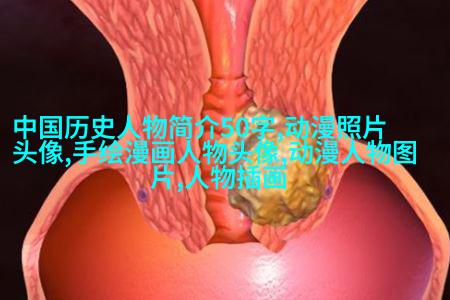WineITA.com made an exclusive interview with James Suckling during Great Wines of Italy 2018, Beijing Station. Through an in-depth conversation based on the previous engagement last year, we understand more about the wine logic of Jame Suckling and his stories with Italian wines.
Q: Which kind of Italian wine is suitable for importing to China at the moment, by your suggestion?
JS: Historically, Tuscany wine rules the US market which is the biggest export market for Italian. There’s no reason to think other wines. Tuscany is people’s dream. There’s Florence and lots of things people might associate with Tuscany. I suggest to focus on Toscana, for example Chianti Classico in the beginning, .
Then people branch into other wines but still if you look at US premium wine market, it’s dominated by Tuscany, and then by Barolo, Barbaresco, those top premium wines. I think the south is growing and there’s Sicily as well. But still, probably, in US, 2 out of 3 bottles sold Italian is from Tuscany.
Q: Have you ever faced any challenge when communicating with Italian producers?
JS: Italy is a very interesting nation. We communicate and they see the results. In Asia market, I have brand here. It’s a reality. Wineries wants to spent money doing events here and Thailand. In Thailand we have 1000 people. We have 1000 people in Hk, too. We spent lots of time developing my brands in Asia. So that’s why they want to come. They know we’ll bring the right people. In the end, people come to see me but they know there will be very interesting wine here. So it’s going to be good synergy for everyone.
And most of the stand there are producers there. Sometimes in the exhibitions in China, there are just importers.
We have cool music, videos; we spent lots of money making nice videos. I really try to make it Hollywood because I was born close to Hollywood and I want to show. I want people to come, to have fun, and go to social media. I don't want to make wine tasting like going to school, like going to church or something. It's supposed to be fun. That's what we’re trying to do in Asia: to have people to be enthusiastic about drinking wine. For me it’s wine communication.

Q: Could you please speak a few sentences to Chinese Italian wine lovers?
JS: As Italian wine lovers, you have to come to Italy. Once you have the feel, you spent sometime there, it makes you appreciate Italian wine even more. Every time I drink a bottle of Italian wine, it reminds me seeing the sunset, walking in Florence with friends, staying with family in the cost of Amalfi, or on the hillside of Vesuvius, or on the hillside of Barolo. When you drink your Italian Wine, it immediately bring you there. You taste Italian wines, it’s so exciting about Italian wines. It’s not just the liquid. The liquid tells the story.
Q: For the time being, Top Italian wines are less expensive than Top French. From your perspective, what makes the differences?
JS: For me, it’s a good thing. You can buy a very good Brunello or Barolo with 35 or 45 Euro. I think the promotions and brands make the differences more than the quality of wines.

Q: What’s the next wine appellation with the most potential?
JS: Brunello is the most famous appellation driving mostly by US market. It brings pressure on Barolo. People interested in Burgundy like Barolo, which share the conception like single Cru. After that, Etna is very interesting, but still very new.
Campania is also a potential region. Producers there are learning to produce wine with less wood, picking up earlier. Taurasi wine from Volcano is very interesting. Alto Adige wine is very good, too. It’s so unique, clear, crystal clear and transparent.
Q: In Chinese market, following the success of Amarone, there comes many appassimento style wines. For example Apassimento Sangiovese from Romagna, Apassimento Barbera from Piemonte . What’s your opinion to the appasimento wines?
JS: I think Appassimento is a very interesting wine style. It makes sense in Amarone because it’s how Amarone is made. But I don't think there’s a huge market for that because the wine sometimes is with too high alcohol, jammy and is not easy to drink. I don't like wine with high alcohol. That’s just not my thing. The harmony, the drinkability, the freshness of the wines, that's the general trend of world market.
Some Appassimento is an old style wine. I would call it Old School. I wouldn't see there are many people go down that rout. If you even look at the Armaone wines that you tasted during yesterday gala dinner and you’ll taste this afternoon, they are really balanced. Our friends sometimes make jokes saying “This is a fantastic Amarone but you know why? Because it does not taste like Amarone. “ It’s just a joke because a great Amarone wine has to be very balanced. They are really beautiful.
I like appassimento with whites, like sweet wines. But still, it’s a very niche market. I like Amarone, but I don't think there’re needs to make appassimento Sangiovese, Sagratino. I think it’s for a niche market.

